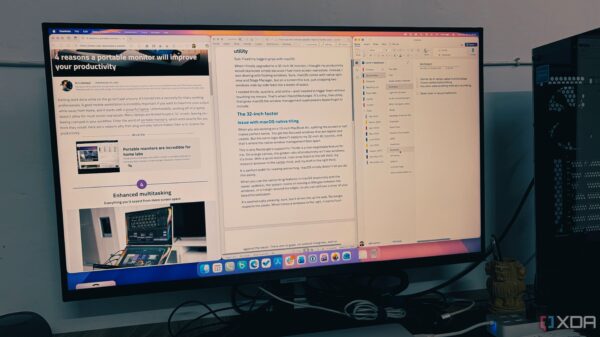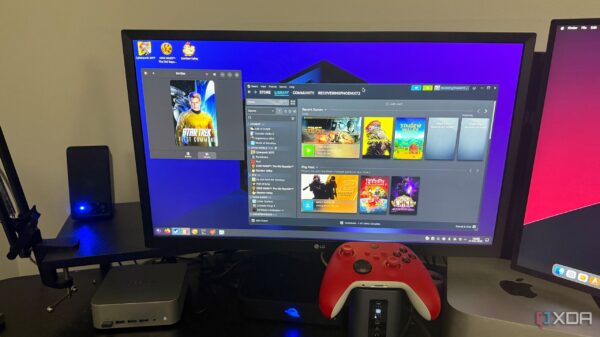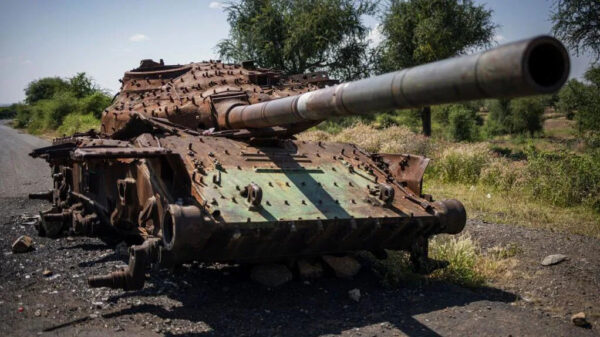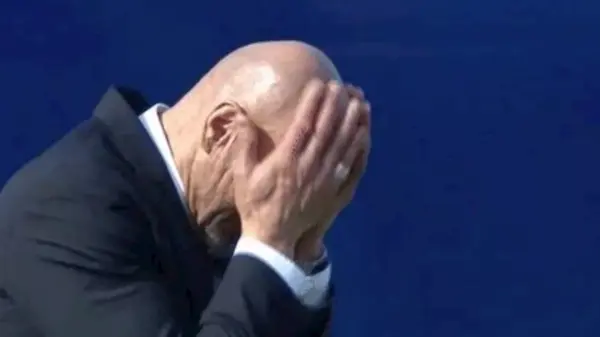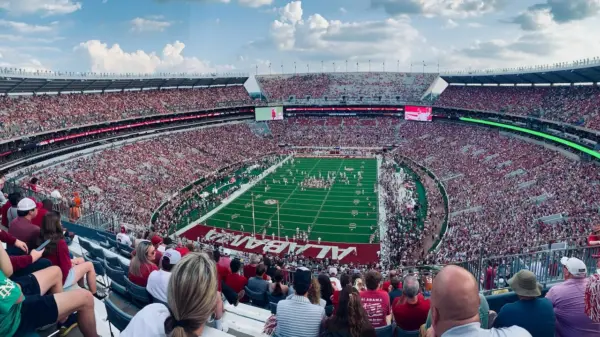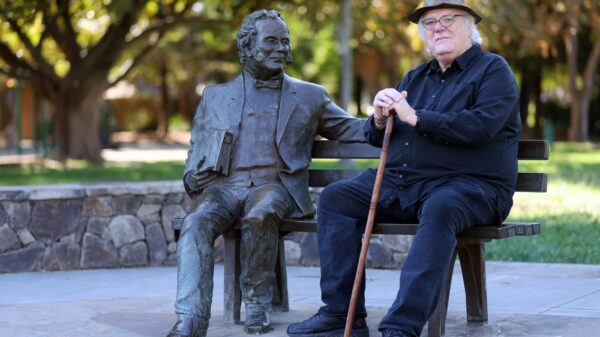The city of Chicago is grappling with the consequences of a significant immigration crackdown initiated by the Trump administration, which has resulted in over 5,000 arrests. This crackdown, characterized by heightened enforcement actions, has not only led to widespread anxiety among immigrant communities but also sparked a series of lawsuits and investigations into the practices employed by federal agencies.
In March 2023, the Immigration and Customs Enforcement (ICE) agency intensified its operations across the city. This shift has drawn criticism from various advocacy groups and legal organizations, who argue that the tactics used may violate individuals’ rights. The American Civil Liberties Union (ACLU) is among the organizations leading the charge against these actions, filing lawsuits aimed at challenging the legality of the arrests and the methods employed by ICE.
Community Impact and Legal Challenges
The repercussions of the immigration crackdown are palpable in Chicago’s neighborhoods, where fear has taken root within immigrant populations. According to community leaders, many families are now hesitant to engage with local law enforcement or access essential services, fearing that their status may be questioned. This atmosphere of distrust has raised concerns about public safety and community cohesion.
Legal experts note that the lawsuits filed against the federal government could take years to resolve, prolonging the uncertainty for affected families. As challenges mount, the federal court system will be tasked with determining the legality of ICE’s operations and whether they are in compliance with existing laws. A ruling in favor of the plaintiffs could set a significant precedent affecting immigration enforcement nationwide.
Political Responses and Future Implications
Political leaders in Chicago have expressed their discontent with the federal government’s approach to immigration enforcement. Mayor Brandon Johnson has publicly denounced the crackdown, calling for a more humane immigration policy that respects the rights of all individuals. His administration is working closely with legal advocates to provide support to those impacted by the recent actions.
As lawsuits progress through the courts, the implications of this crackdown extend beyond Chicago. It raises critical questions about the balance between immigration enforcement and civil liberties, a debate that is likely to resonate in other cities facing similar challenges. The outcome of these legal battles could influence future immigration policies and the operational strategies of federal agencies.
In summary, Chicago finds itself at a crossroads as it navigates the aftermath of a stringent immigration crackdown. With numerous lawsuits and investigations underway, the city is poised to confront not only the immediate consequences but also the broader implications for immigration enforcement across the United States. The coming months will be crucial in determining the future landscape of immigration policy and community relations in the city.




